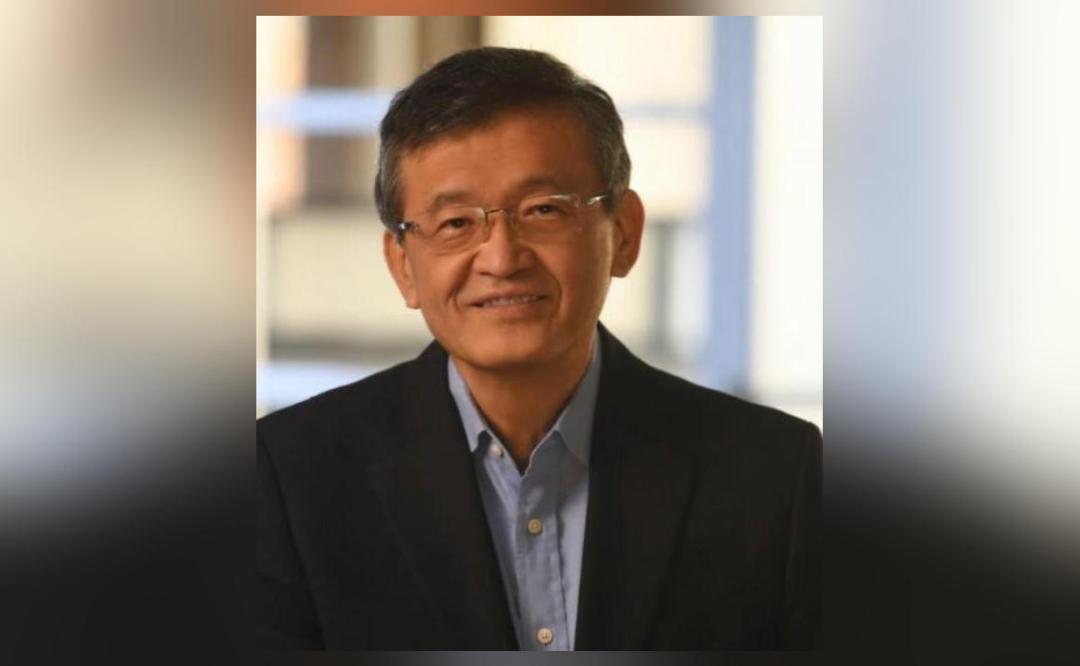
Who is Lip-Bu Tan, Intel CEO whose resignation Trump has demanded?
In recent news, US President Donald Trump has demanded the resignation of Intel CEO Lip-Bu Tan following reports of Tan’s $200 million investment in Chinese firms. Tan, a Malaysian-born American entrepreneur and founder of Walden International, also served as the CEO of Cadence Design Systems. His net worth is estimated between $550–$759 million. He holds degrees in physics, nuclear engineering, and an MBA.
Lip-Bu Tan’s Career
Born in Malaysia, Tan moved to the United States to pursue his higher education. He earned his Bachelor’s degree in physics from the University of California, Berkeley, and later his Master’s degree in nuclear engineering from Stanford University. Tan also holds an MBA from the University of California, Berkeley.
Tan’s entrepreneurial journey began in the 1980s when he founded Walden International, a venture capital firm focused on investing in technology and life sciences companies. Under his leadership, the firm has made numerous successful investments, resulting in significant returns. In 2001, Tan took over as CEO of Cadence Design Systems, a leading provider of electronic design automation (EDA) software. During his tenure, the company experienced significant growth and acquired several other companies.
In 2019, Tan was appointed as the CEO of Intel’s Internet of Things (IoT) Group, a critical division responsible for developing and marketing IoT solutions. His appointment was seen as a strategic move to leverage his expertise in the technology industry and expand Intel’s presence in the rapidly growing IoT market.
Trump’s Demands
The controversy surrounding Lip-Bu Tan began when it was reported that he had invested $200 million in Chinese companies, including several firms with alleged ties to the Chinese government. The move sparked concerns among US officials and lawmakers, who accused Tan of compromising national security by investing in Chinese companies.
In response, President Trump demanded Tan’s resignation, claiming that his investments in Chinese companies posed a significant threat to the United States. Trump’s move was seen as a bold attempt to assert his authority over the technology industry and demonstrate his commitment to protecting American interests.
Reactions and Concerns
The news of Trump’s demands has sparked a heated debate among technology experts, investors, and lawmakers. Some have questioned the legitimacy of Trump’s claims, arguing that Tan’s investments in Chinese companies do not necessarily pose a threat to national security.
Others have expressed concerns about the potential implications of Trump’s demands on the technology industry. They argue that the move could lead to a chilling effect on innovation, as foreign investors may be deterred from investing in the United States due to fears of government interference.
Industry experts have also pointed out that Tan’s investments in Chinese companies are not uncommon, and that many American companies have similar investments in China. They argue that the issue is not the investments themselves, but rather the lack of transparency and oversight in the way they are made.
Conclusion
The controversy surrounding Lip-Bu Tan and his investments in Chinese companies serves as a reminder of the complex and often contentious relationship between the United States and China. While Trump’s demands may be seen as an attempt to assert his authority over the technology industry, they also raise important questions about national security, transparency, and the role of foreign investment in the US economy.
As the debate continues to unfold, one thing is clear: the fate of Lip-Bu Tan’s career as Intel CEO hangs in the balance. Will Trump’s demands lead to his resignation, or will Tan find a way to navigate the controversy and continue to lead the company? Only time will tell.






